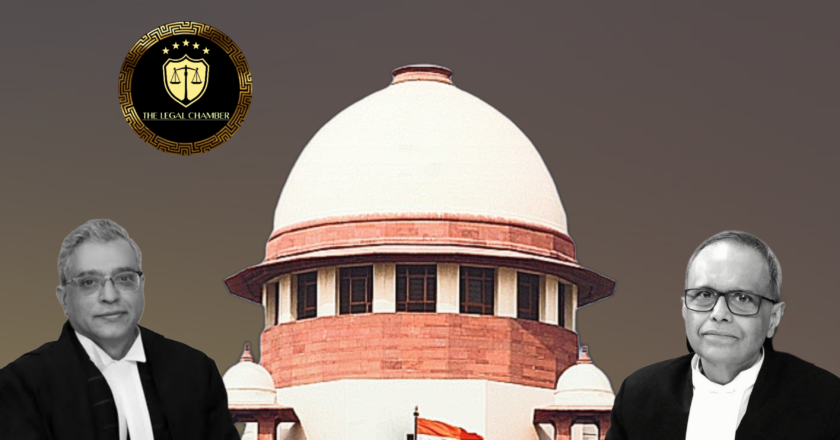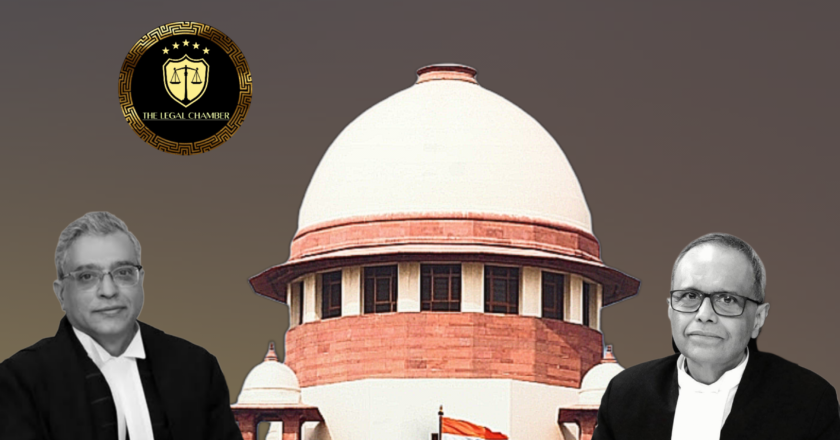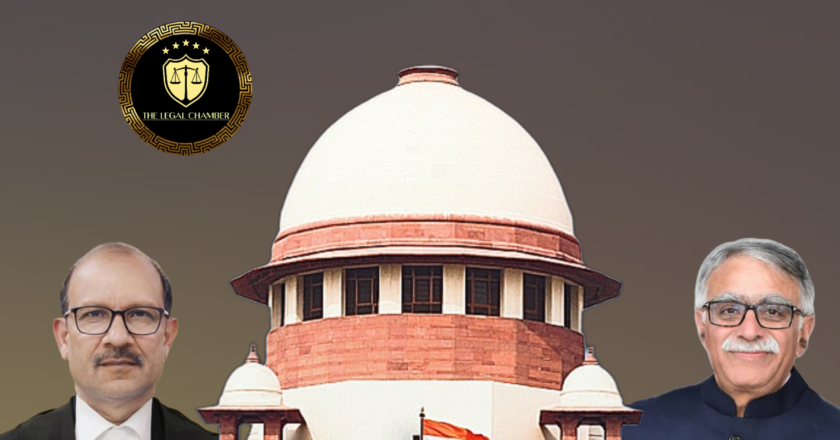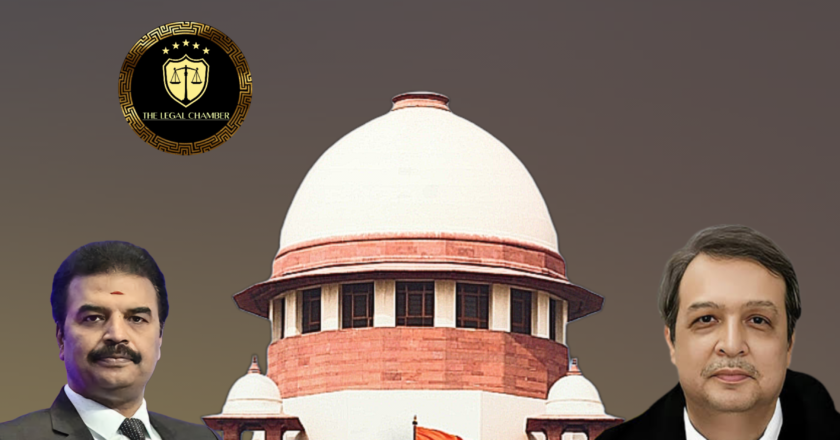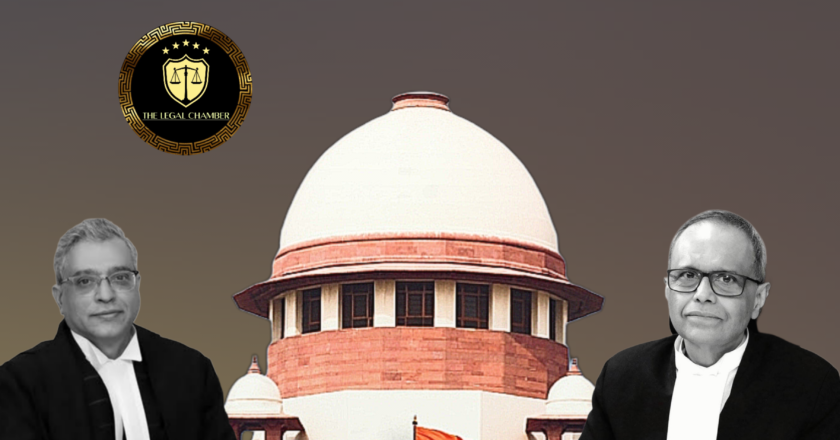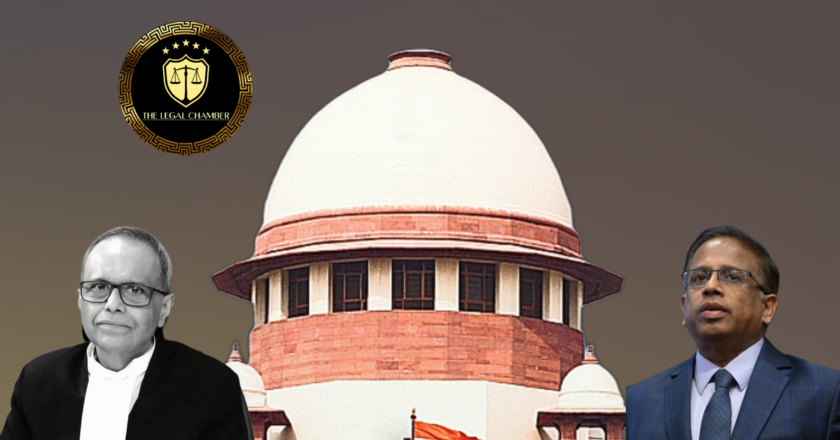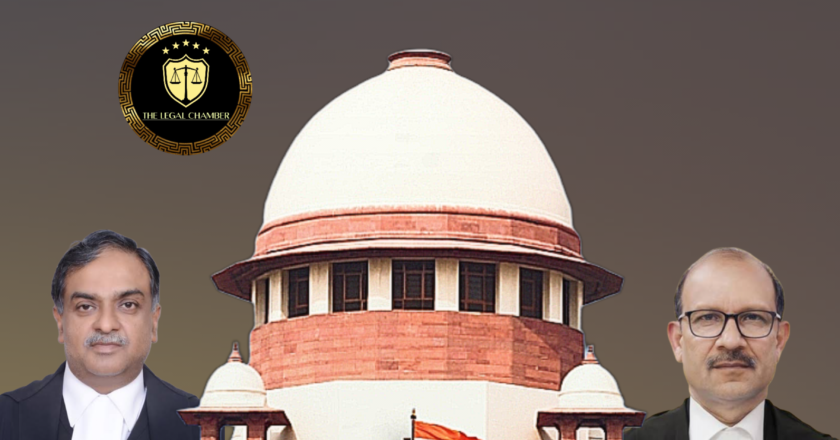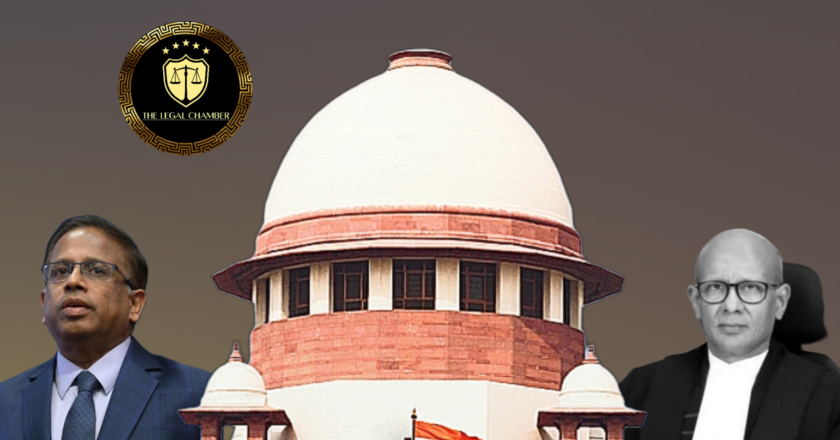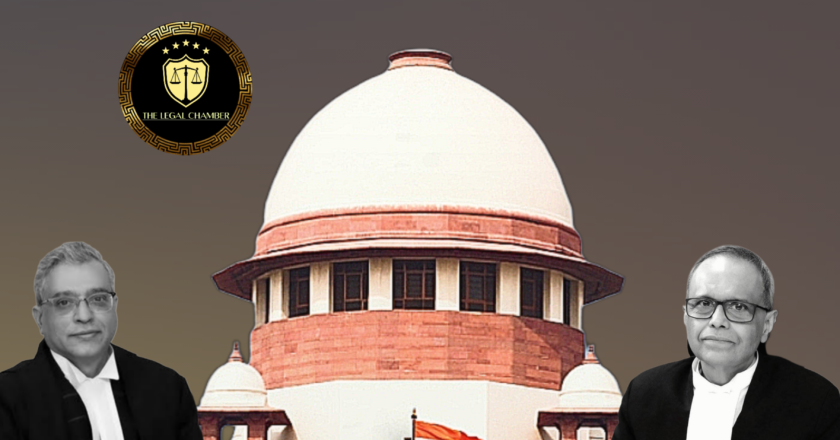How a Missing Detail in a Will Led to Its Rejection by the Supreme Court
The Supreme Court ruled that a Will omitting the testator’s wife without justification raises suspicious circumstances, vitiating its validity under Section 63 of the Indian Succession Act, 1925, and Section 68 of the Evidence Act, 1872. The Court emphasized that propounders must explain unnatural exclusions to prove the testator’s free will, failing which the Will becomes invalid. Suspicion arises from non-mention of a natural heir (wife) and lack of reasons for disinheritance, shifting the burden to the propounder to dispel doubts. Registration and signatures alone cannot override such irregularities if the disposition appears coerced or influenced. The judgment reaffirms judicial scrutiny of Wills to ensure genuine voluntary execution.
Facts Of The Case:
Maya Singh owned agricultural ...

